By Bintou Keita
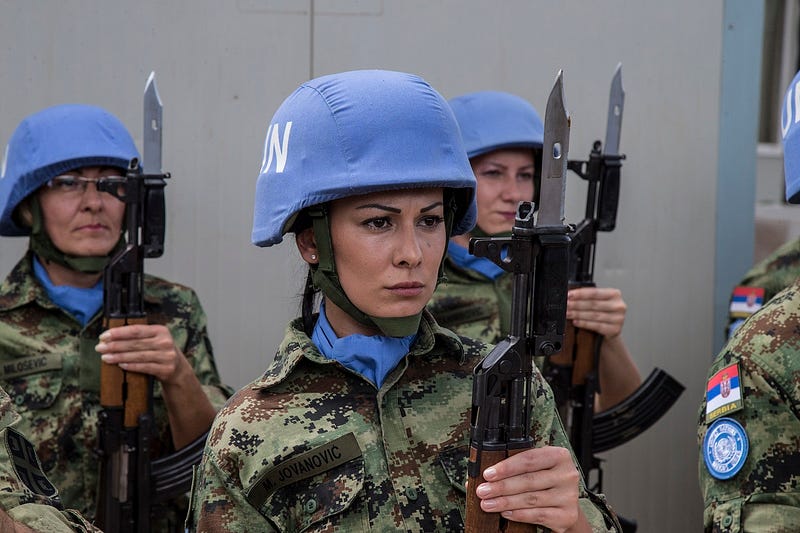 Some 8,000 women are currently deployed in our 14 peacekeeping missions across the world, more half of them wearing the police and military uniform. However, as the United Nations strives to reach gender parity by 2030, women represent less than 5% of the total uniformed personnel within our peacekeeping missions. Recruiting and retaining women in the field — including those in uniform — is an operational imperative, says Bintou Keita, Assistant Secretary-General for UN Peacekeeping Operations, in an interview with Medium UN Peacekeeping.
Some 8,000 women are currently deployed in our 14 peacekeeping missions across the world, more half of them wearing the police and military uniform. However, as the United Nations strives to reach gender parity by 2030, women represent less than 5% of the total uniformed personnel within our peacekeeping missions. Recruiting and retaining women in the field — including those in uniform — is an operational imperative, says Bintou Keita, Assistant Secretary-General for UN Peacekeeping Operations, in an interview with Medium UN Peacekeeping.
How important are women to the success of peacekeeping missions across the field?
Female personnel are key to the success of UN peacekeeping missions as they broaden the skill set available on the ground. Their presence in the field empowers women in the host communities, allows our operations to address specific needs of female ex-combatants during the process of demobilizing and reintegration into civilian life, and contributes to making the peacekeeping force approachable to women and young people in the community. Women peacekeepers act as role models in the local environment, inspiring women and girls in often male-dominated societies to push for their own rights and for participation in peace processes.
An increased presence of women peacekeepers also helps ensuring that the Mission is aware of all the protection requirements of the local population; interviewing survivors of gender-based violence and interacting with women in societies where women are prohibited or discouraged from speaking to men. They also help reduce conflict and confrontation, improve access and support for local women and youth; and overall provide a greater sense of security to local populations, including women and children.
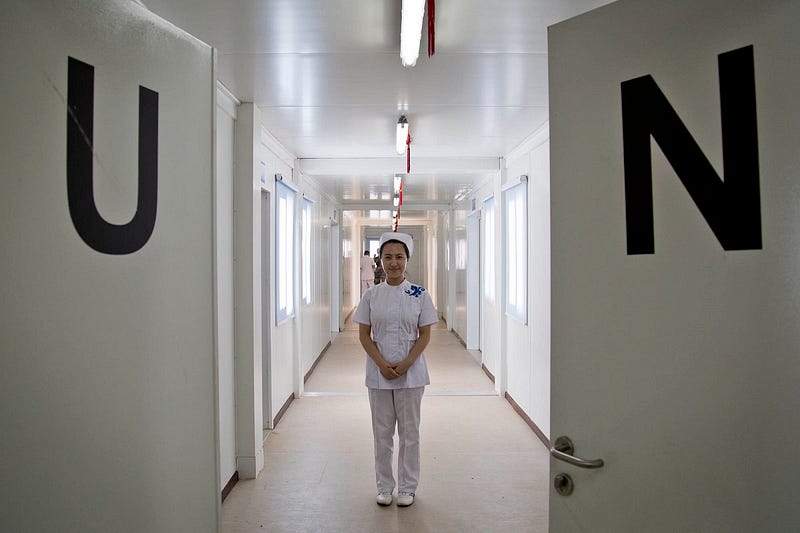 Civilian UN peacekeepers perform many of the mandated tasks of peacekeeping operations. A nurse from China serving with MINUSMA in Mali at the opening ceremony of the hospital in Gao. Photo: Marco Dormino
Civilian UN peacekeepers perform many of the mandated tasks of peacekeeping operations. A nurse from China serving with MINUSMA in Mali at the opening ceremony of the hospital in Gao. Photo: Marco Dormino
As per the current statistics, the female Blue helmets are mostly from the African continent, coming mostly from Ethiopia, Ghana, Senegal, Rwanda or South Africa. What does this tell us about the ability of our Member States to help towards a more gender-balanced peacekeeping?
The issue of inadequate women participation in peacekeeping is a global problem. As of 30 April 2018, out of 4,353 uniformed women in our peacekeeping missions, Africa contributed 2,829 (65%). This is larger than Africa’s share to the total number of troops/police to UN peacekeeping, which stands at 48.5%. This means Africa is doing better than other regions in terms of women participation in peacekeeping.
Our view is that, while this is a question for the individual Member States, some troop-contributing countries may not have women in their military’s infantry, which impacts the number of women they can deploy to peacekeeping operations, though others may have women in combat roles, and may choose not to deploy them on peacekeeping missions.
However, we encourage troop-contributing countries to deploy women from any military career field. Women make a positive and lasting impact on peacekeeping environments, both in supporting the role of women in building peace and protecting women’s rights.
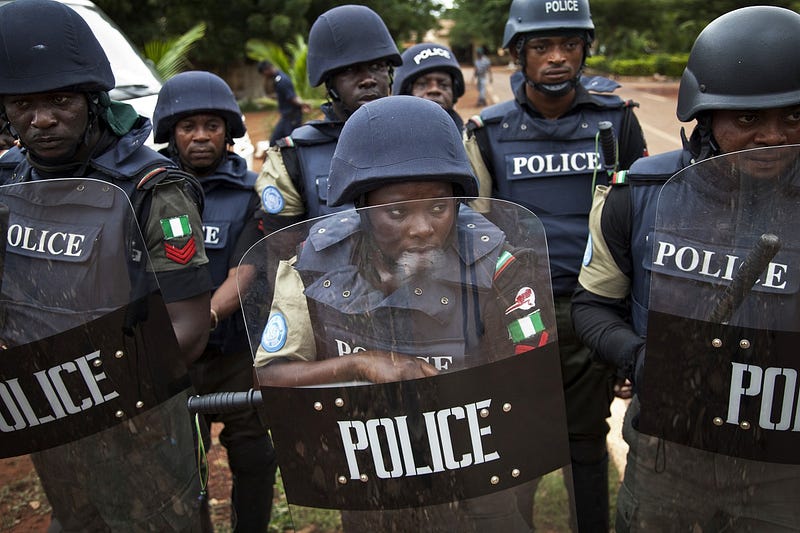 Senegalese and Nigerian United Nations Police Officers attend a crowd control exercise along with Malian Police Officers at the Ecole Nationale de Police in Bamako, Mali. Photo: Marco Dormino
Senegalese and Nigerian United Nations Police Officers attend a crowd control exercise along with Malian Police Officers at the Ecole Nationale de Police in Bamako, Mali. Photo: Marco Dormino
How do you support Member States’ efforts to nurture female officers through their ranks that in turn can be deployed to a peacekeeping environment?
In our engagement with some of our Troop Contributing Countries (TCCs), we were made to understand that there is a sizable share of women military/police officers at various levels of their armies. However, deploying them in UN peacekeeping missions requires a strong political will on the part of contributing countries.
For us, it is an operational imperative that we recruit and retain female peacekeepers. It is not about numbers, it is about making peacekeeping effective. And we are making every effort to make this happen.
We have introduced targets where Member States must deploy women into at least 15% of their military observers and staff officer positions. If this target isn’t reached, then those positions may be offered to other troop and police-contributing countries that can deploy women to these positions. We also support Member States in their gender-related training needs. For instance, we also work with Member States and UN Women to run 50/50 gender parity training courses, and the Female Military Officers Course (run by UN Women four times per year) to increase the number of qualified women available to deploy.
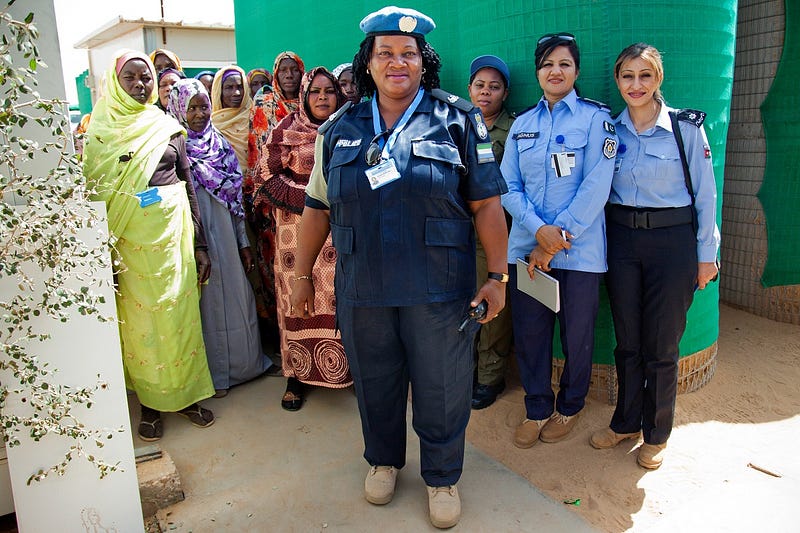 Ms. Khellah is Police Adviser and Officer in Charge of the Family and Child Protection Unit Sector North for UNAMID in Darfur. From Sierra Leone, she has been a police officer for over 20 years. Photo: Sojoud Elgarrai
Ms. Khellah is Police Adviser and Officer in Charge of the Family and Child Protection Unit Sector North for UNAMID in Darfur. From Sierra Leone, she has been a police officer for over 20 years. Photo: Sojoud Elgarrai
How are the missions changing to accommodate mothers of young children?
Gender parity is essential to achieving peace and security by supporting more inclusive societies. We [at the Department of Peacekeeping Operations] want to create an enabling and conducive work environment that allows both men and women to realize their full potential, thus better serving the needs of those who we are mandated to serve.
Previously, if a Member State chose to rotate members out after six months, the cost incurred had to be borne by the Member State as the UN policy caters for one rotation every 12 months at the cost of the United Nations. However, according to a recently-introduced policy, women peacekeepers with children under the age of seven are able to deploy for a period of six months instead of the usual 12 months and be repatriated at UN expense.
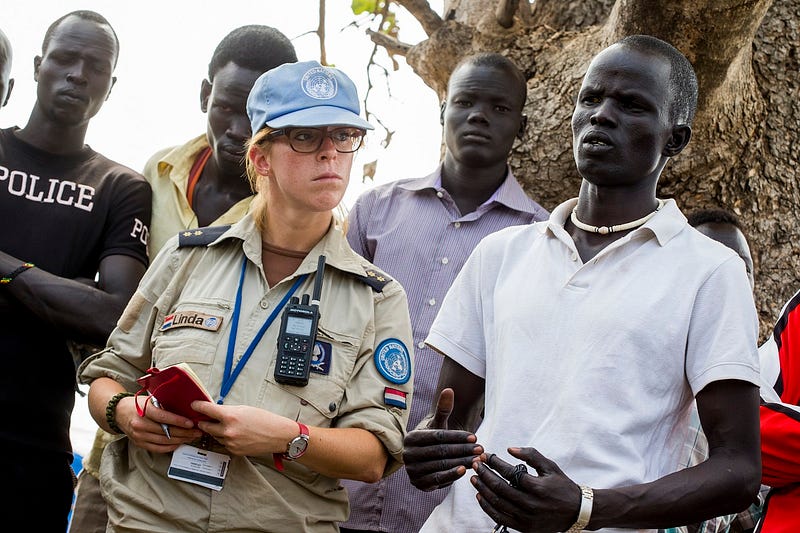 An interpreter facilitates communications between a member of UN Police and the community leaders in Juba, South Sudan, at a Community Watch Group meeting. Photo: JC McIlWaine
An interpreter facilitates communications between a member of UN Police and the community leaders in Juba, South Sudan, at a Community Watch Group meeting. Photo: JC McIlWaine
How are regional and bilateral efforts complementing your push for gender parity?
We commend the many regional and bilateral efforts that help strengthen the capacity of troop- and police-contributing countries, including in enhancing the role of women, so that their respective contributions to peacekeeping in turn contributes to a more inclusive, effective and efficient peacekeeping. Covering the issue of women peace and security, including sexual exploitation and abuse, in these training, can also complement our efforts at the UN.
The Secretary General is strongly committed towards gender equality and gender parity. We at the Department of Peacekeeping Operations share this commitment for a more effective and efficient peacekeeping, in full partnership with the Member States.
The author is Assistant-Secretary-General for the United Nations Department of Peacekeeping Operations.
No comments:
Post a Comment